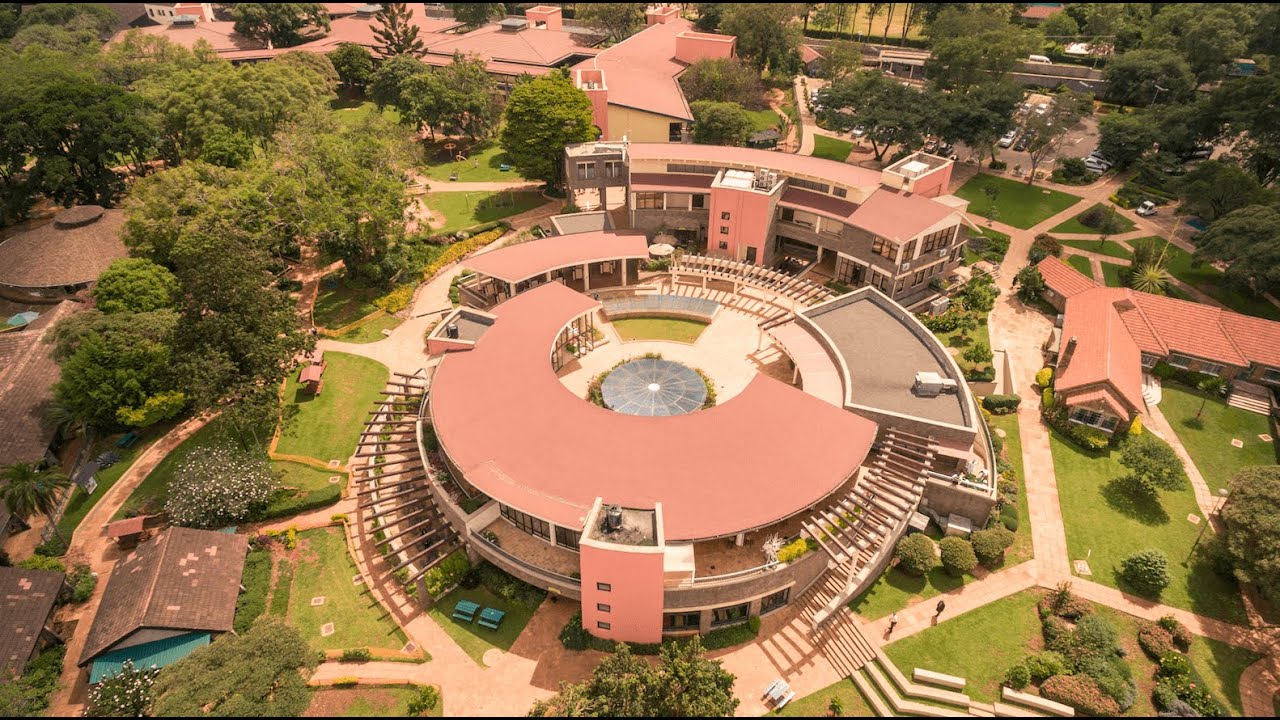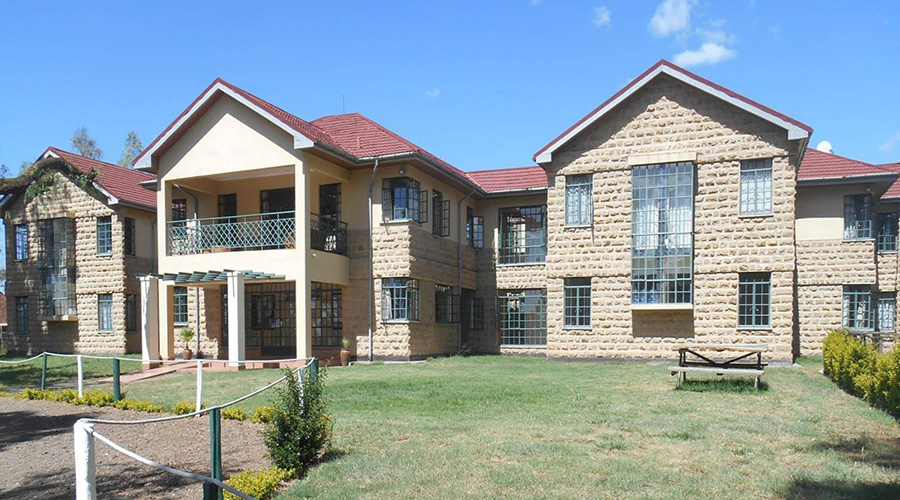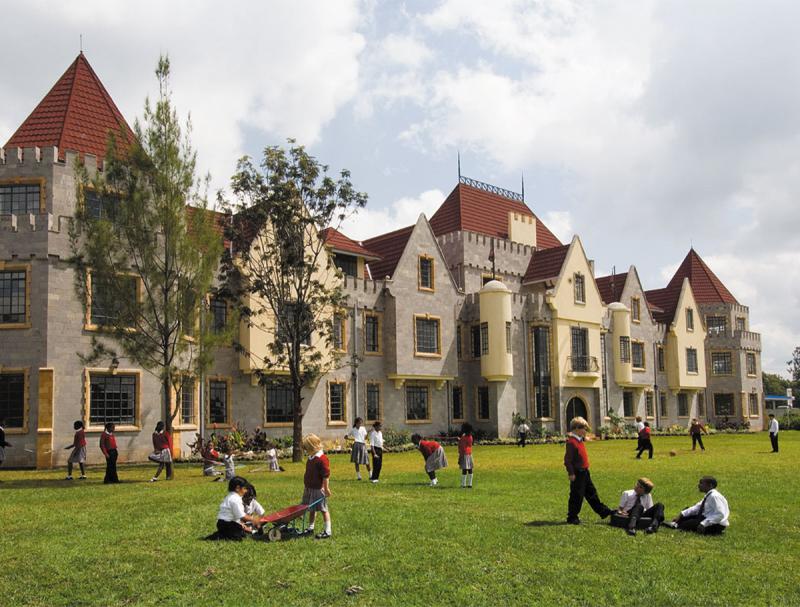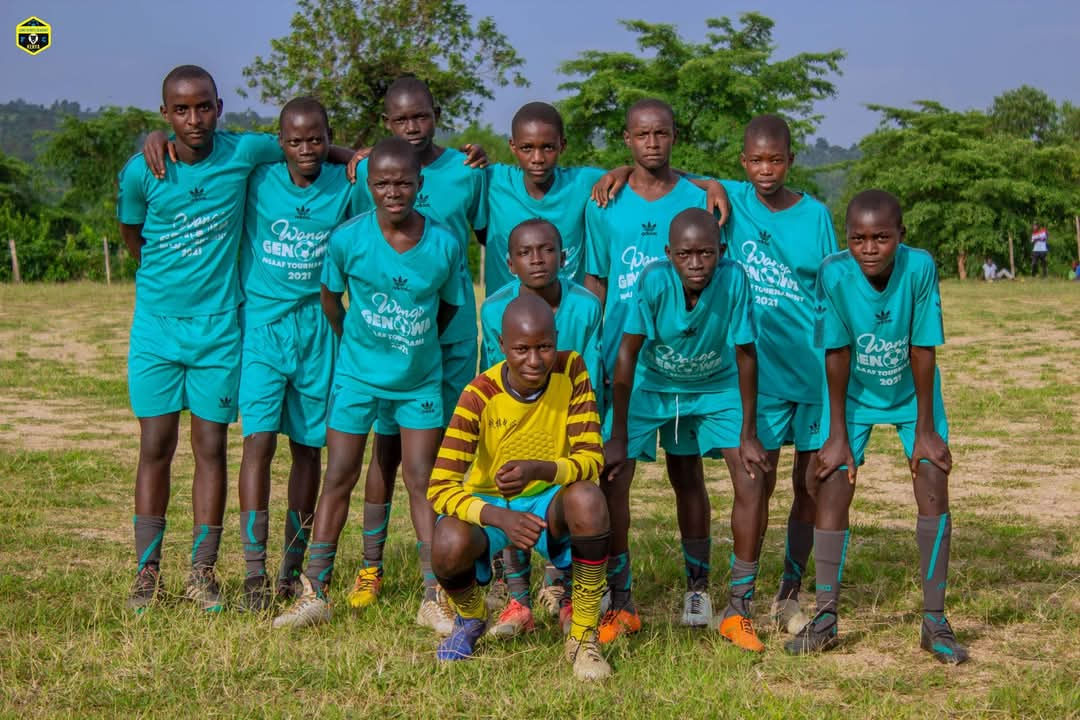6 of the most expensive schools in Kenya
Education is the foundation every child needs to make something out of their lives. At school, children not only learn academic subjects but also how to interact with their peers.
Kenyan celebs who attended the most expensive schools in Kenya
Schools allow children to learn how to integrate in society and what is normal and what isn’t among their peers. They also learn intrinsic skills and facts about themselves and their personalities.
But just like with everything in life, there are different buy-in levels to education. Some can only afford the free option offered at government schools while others go for a literal gold-standard of education.
Size 8: A powerful success story against all odds
And some schools are truly expensive. Some schools charge enough school fees for you to build a home after just two years of your child being in attendance. Let’s check out which Kenyan schools are the most expensive.
1. International School of Kenya (ISK)
The school has almost 1000 students from over 60. The institution is a non-profit centre that started as a joint partnership between the Canadian and United States governments. ISK offers the North American accredited diploma curriculum. New students pay an admission fee of $400 and a one-time capital levy of $10,00, which caters for capital expenses. The tuition fee ranges between $16,974 for kindergarten kids and $32,543 for Grades 11 and 12.
2. Greensteds International School
Greensteds is a co-educational day and boarding school offering the British curriculum from early years’ students to A level. The school is in Nakuru County, 16km from Nakuru town, and a few minutes from Nakuru National Park. Students joining the playgroup level will pay a fee of KShs 49,500.
In the first and second year, students pay a whopping KShs 131,000, while boarders who join at the same level pay KShs 401,500.
Grade 12 and 13 boarding students pay KShs 848,000 per term. The boarding fee is inclusive of accommodation, meals and tuition.
3. St Andrew’s Turi
This school is in Turi, a hidden spot between Nakuru and Kericho. St. Andrews Turi is famous for its high-quality education and firm Christian values. The institution’s core values are compassion, integrity and courage. Nursery school children pay KShs 171,000 per term, while Grade one and two boarding students pay KShs 650,000. In addition, students pay a 50% deposit of term one’s boarding fees, which is refundable upon leaving. The school also offers a 5% discount on basic costs for second and subsequent children.
4. Brookhouse School
Brookhouseis found in Karengata, Nairobi and started in 1981. It is an independent British curriculum co-educational day and boarding school that provides early years, preparatory and secondary schooling. It is one of the best IGCSE schools in Kenya and has two campuses in Kenya; Runda and Karen.
Brookhouse students pay an admission fee of approximately KShs 45,000. In addition, the tuition fee is around KShs 860,000 per term.
5. Peponi School
Peponi School is another leading institution in Kenya. It is founded on Christian principles and started in 1989 as a first-class co-educational boarding school based on the British Independent School system. For admission at Peponi, full boarders pay KShs 1,115,180 while weekly borders pay 1,053,175. Day students pay KShs 731,510. There are extra charges for activities like music and any exams related to the same. Parents also pay a refundable caution deposit upon admission.
6. Hillcrest International School
Hillcrest International School is in the suburbs of Karen, Nairobi. The school was established in 1965 as a pre-school and gained international status in 1972. It is a British Curriculum School with three sections:
Hillcrest Early Years
Hillcrest Preparatory School
Hillcrest Secondary School
For admission to the preparatory school, parents pay a tuition fee of KShs 645,900 while the early years students spend an estimated KShs 330,450. There are also transport charges and a caution deposit fee upon admission.
And when it comes to school fees, do you know a partner that can help you pay is Co-op Bank. Why? Because school fees are all about planning. You should not wake up to realize that fees is due tomorrow and you had not planned for this eventuality even though you’ve lived large for some long holiday weekend. You need a partner who can help you map out the entire financial plan and ensure you get the best possible option for your child(ren).
With the Co-op Bank innovations and partnerships, you can pay school fees and buy new uniforms without having to bear the risk of carrying huge sums of money around. I mean, it would really be a comedy of tragedies if you misplaced that money or it was liberated from you right?
In addition to this, you can also load up your child’s pocket money to their Co-op Bank Pre-paid.
What are the benefits of a Co-op Bank Prepaid card?
- No need for your child to carry loads of pocket money as they head to school, you can simply load it in the Co-op Prepaid card which is safer than carrying cash.
- The student will be able to pay for items at their school canteens at No Extra cost.
- Parents will be able to track their students sending by getting a Mini statement of the card at a Co-op Kwa Jirani agent or via SMS alerts.
- You no longer need to travel all the way to the school to hand over money to your child, you can simply load the card at any Co-op Kwa Jirani agent.
- The students are also able to withdraw money using the card from any Co-op ATMs or Co-op Kwa Jirani agents outside school.
- You dont need an account with Co-op bank to enjoy the benefits of the card.
- No extra charges will be incurred in transactions using the card.
Click here to find out more.











